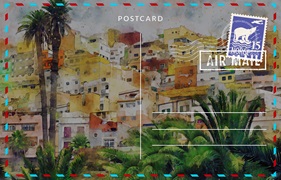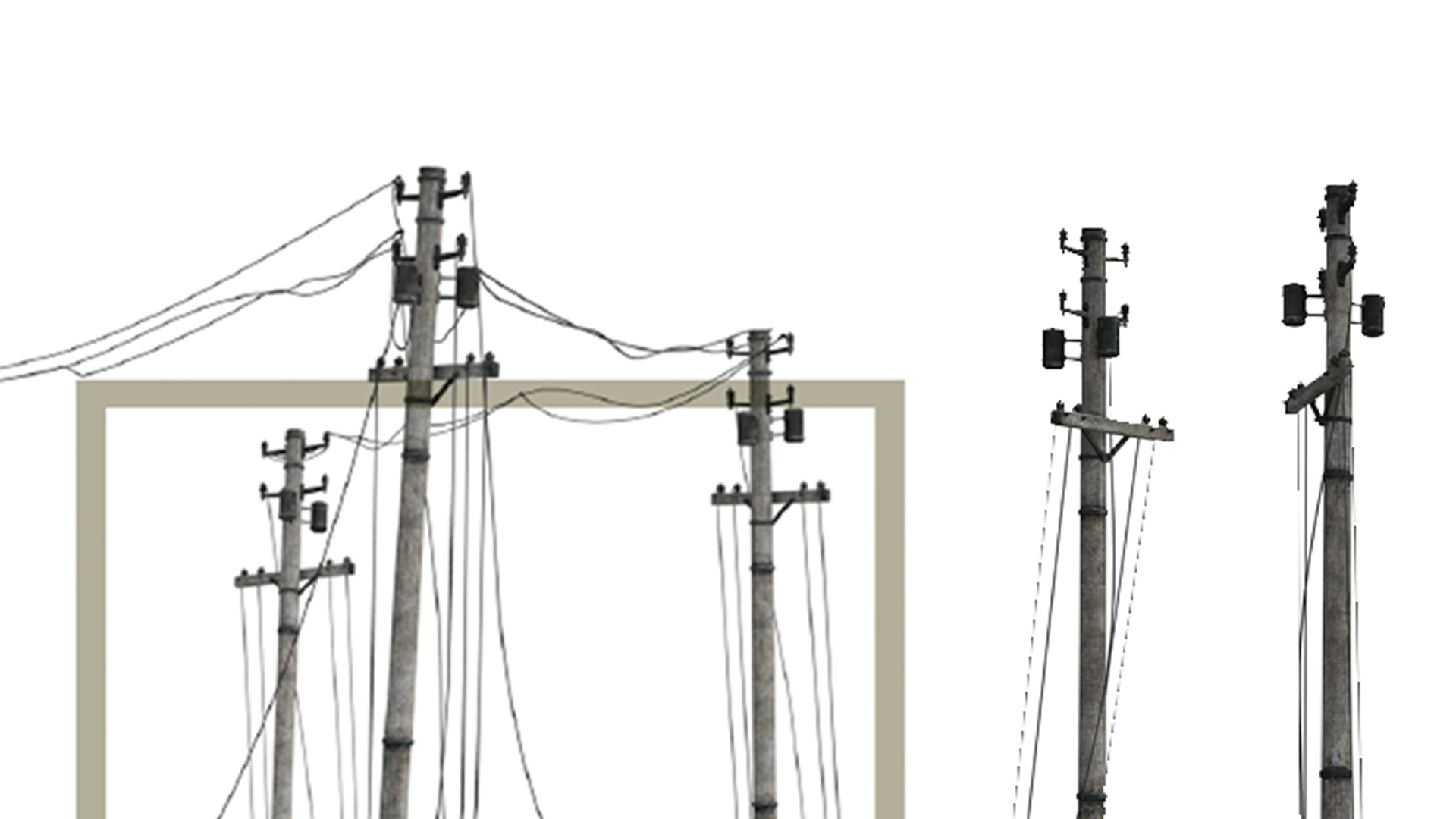
In search of joy
Say it in a postcard | Issue 20 | 2022


—Reports filed by correspondents across the world—
On July 19, 2021—the day referred to in the UK as ‘England’s Freedom Day’—I arrived at a hot and humid Haneda Airport in Tokyo, after living in London for twenty-one months. The Covid-19 pandemic with all of its restrictions, as well as other personal reasons, had brought forward my decision to relocate to Japan.
As soon as I returned, I started looking for a new home in Yokohama. This is my home town and I am familiar with the area and so I expected a smooth transition. After going through a number of difficulties associated with the pandemic for nearly two years, I did not wish to create more hassle for myself if it could be dispensed with.
There was one difference about myself as compared to the time before. I am now married. Married to a Briton, who has moved to Japan with me, to a country he had never been to previously.
I arranged numerous flat viewings in Yokohama, and all the letting agents asked me, at one point or another, to refer all future correspondence to my husband. Just to name one of the reasons they gave, I was told that various documents and contracts needed to be reviewed and signed.
How did this make me feel? I felt like I was an insufficient constituent and a lower-class citizen of the society that I thought was home to me. I felt ignored. I thought I had come back to where I am from. I thought I knew my way around here. I thought I would be accepted for who I am without reference to my marital status. Now that I am somebody’s wife, I can see that my home community now treats me differently.
The cool air of autumn arrived as we moved into our new home. Two months had passed since my arrival at Haneda Airport. I stood on the balcony, grateful for the autumn breeze, and looked at the gantry cranes operating some distance away; and I tried to process the troubling journey, logistically and emotionally. When would it would be, and what would it take, for me—and other women of a similar social profile—to gain a true freedom and be regarded as a ‘full member’ of the community? If I were never to feel that I belong to the community that I thought was my home, would I then lose my home? Starting to feel quite overwhelmed, I went inside to make a cup of tea.
Archbishop Desmond Tutu was, before anything else, a priest. He believed that God was good; that the truth would inevitably come out; and that reconciliation was at the core of many of the teachings of the New Testament. I heard him preach just once. Bishops would often appear at St Margaret’s—a very white, only just middle class, Anglican parish. I am not sure what he intended to preach that morning, but when he saw that the children from the Sunday School were attending, he decided to address them instead. I have no recollection of what he said, just a deep impression that he knew how to warm hearts through humour, and how to connect with almost anyone.
Anjie Krog, in her searing, almost unbearable account of the Truth and Reconciliation Commission, Country of my Skull, quotes a Commissioner who spoke of Tutu’s inspired ability to solve problems through consensus: “Tutu has a way of making it possible, of transcending a particular problem. Of taking it to a level where we all just naturally meet.”
During those terrible and tragic testimonies—where man’s inhumanity to man was laid bare—it almost appeared as though the Archbishop were trying to act as a filter for all the hate and anger and despair. As if he could somehow clean those who had perpetrated the events of their sin. He often seemed drained and in despair—which made me think of that priest poet R.S. Thomas, who wrote of his own doubt and despair in the poem ‘In Church’, which ends:
There is no other sound
In the darkness but the sound of a man
Breathing, testing his faith
On emptiness, nailing his questions
One by one to an untenanted cross.
Since those dark days, he has remained what he has always been: brave, thoughtful, funny, outspoken and loved.
Desmond Mpilo Tutu 1931—2021
Sunday evening late on October 31 last year, and the ‘socials’ buzzed with a declaration, ‘Thank goodness Halloween is over, and cue Christmas.’ My ungenerous mental response was nearly ‘How infantile—just what’s wrong with America: a need to prematurely wrap ourselves in shopping, decorations and comfort food.’ However, I paused. This post was not from someone shallow; it was made by a thoughtful person, a singer who performs annually for the U.S. Supreme Court and, shortly before the pandemic, for Queen Elizabeth in her home. Soon, I observed that many other Americans felt the same way about having an extended holiday season. Indeed, many homes had never removed their decorative lights from the dark COVID winter of 2020. Why?
My answer, from a U.S. perspective, has evolved from seeing a desire for cheap comfort to perceiving one of searching for meaningful connection. Here, we largely work from home, attend fewer indoor events, and (even with three jabs) see long-distance family and friends far less than before. In many cases overseas travel has not been possible or was painfully canceled within the ebbs and flows of pandemic-related governmental restrictions. Outdoor dining, community events and concerts with friends and family are now filling the extended holiday season, giving a little peace on earth and hope for the New Year in 2022. So my humbug is reserved for seasonal traffic and we are planning to leave the lights up and our home open for any and all gatherings—at least until the end of January!
As the calendar unfolds, we expect to return to our offices and the mixed feelings that come from regular commuting and seeing colleagues and friends absent from the daily schedule. While the rates of COVID infection are high in many U.S. cities, there is a building feeling that pandemics seem to end in their third year…and, well, we are nearly there! We can do this! Of course, the daily challenges of navigating school closures and governmental mandates remain for now, but those neighborhood lights remind us of hope for a new season. Spring is coming!
© Norton Rose Fulbright LLP 2025